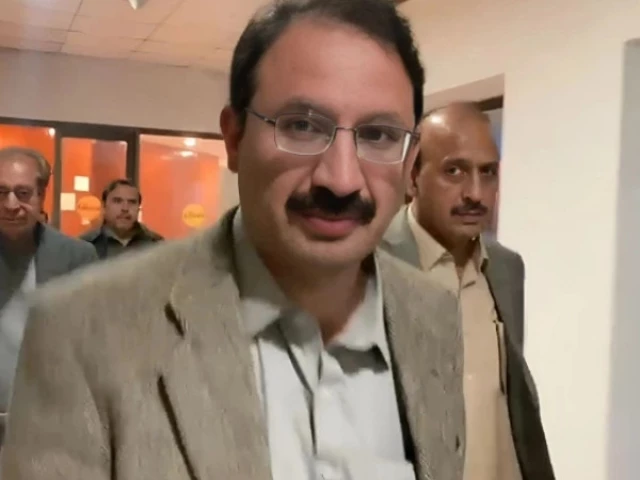Islamabad:
The Public Accounts Committee (PAC) took note on Tuesday the rise in the electricity rate tariff which penalizes consumers for more than 200 units, ordering the energy division to offer a solution for swollen invoices which persist for six months even after a single unit has crossed the limit.
The Committee meeting, chaired by the MNA Junaid Akbar Khan, examined the audit paras linked to the Ministry of Energy. Expressing concern, the president demanded an explanation of the prolonged penalty on consumers who exceed the threshold of 200 units once.
Officials have informed the Committee on the status of independent power producers (PPI), revealing a strong increase in the installed capacity over the years. Shazia Marri, a member of the committee, asked why provinces as Sindh and Khyber-Pakhtunkhwa continue to endure up to 16 hours of load shedding despite a surplus of electricity production.
The secretary in power informed the Committee that 58% of electricity users fell from the panel of 200 units, the subsidized rates now benefiting 18 million consumers, against 11 million before. He recognized the question of high invoices which last for months for consumers who cross the limit once.
“To increase the slab limit, a higher subsidy will be necessary,” he said, adding that the government aims to reform the system by 2027, moving to direct subsidies using BISP data.
The Ministry of Energy also noted that the installed capacity of PPIs increased from 9,765 MW in 2015 to 25,642 MW in 2024, annual capacity payments from RS141 billion to RS1.4 Billion.
The member of the Committee, Syed Naveed, Qamar challenged the assertion of the electricity division that coal was the main engine of high electricity costs. Meanwhile, Junaid Akbar raised doubts about 200% electricity production from Bagasse, qualifying unrealistic figures.




